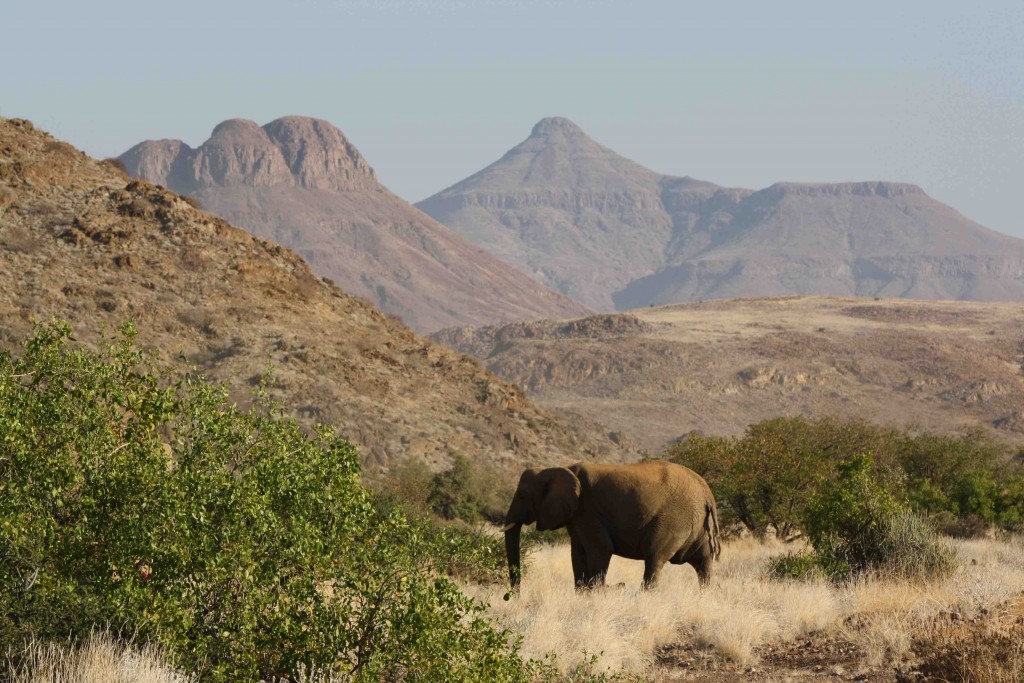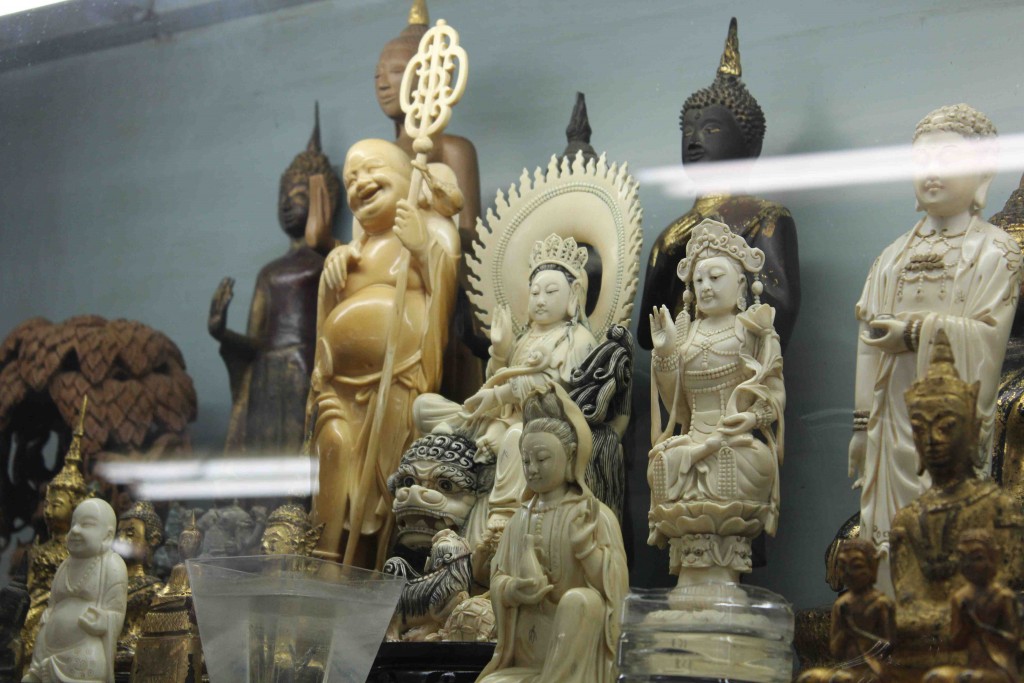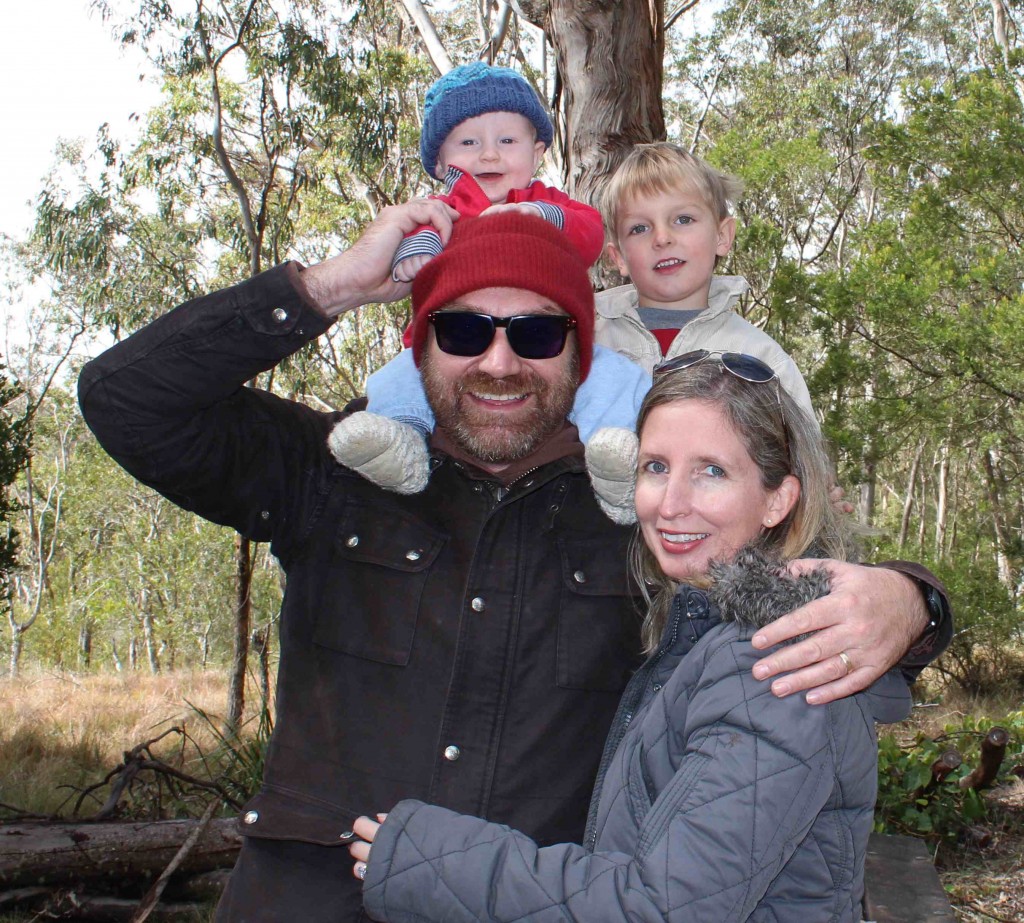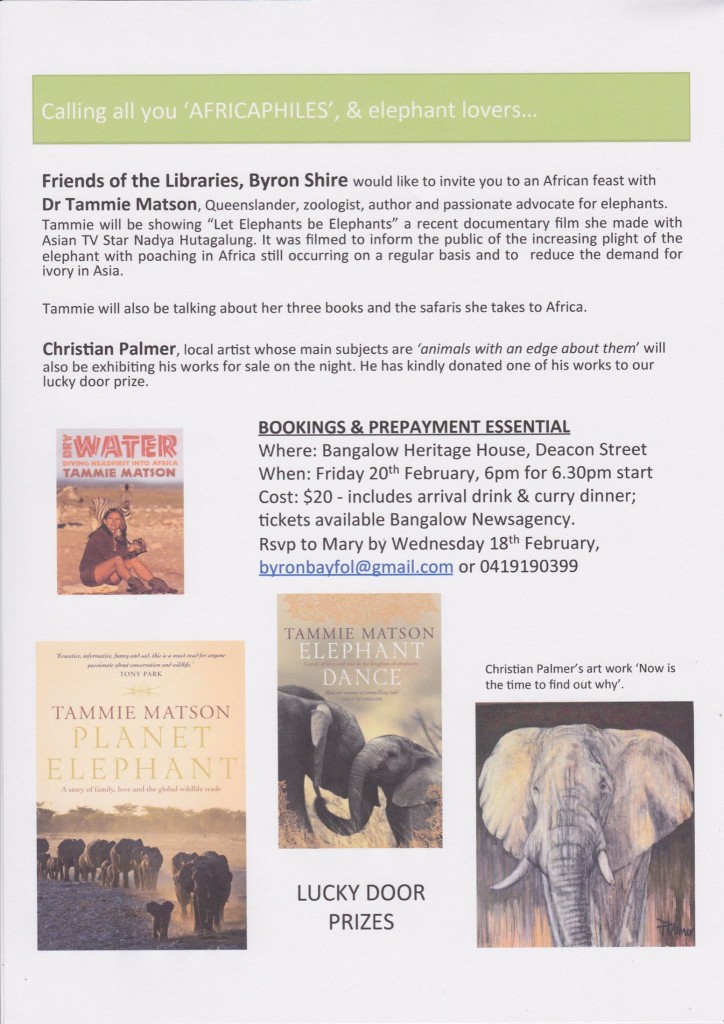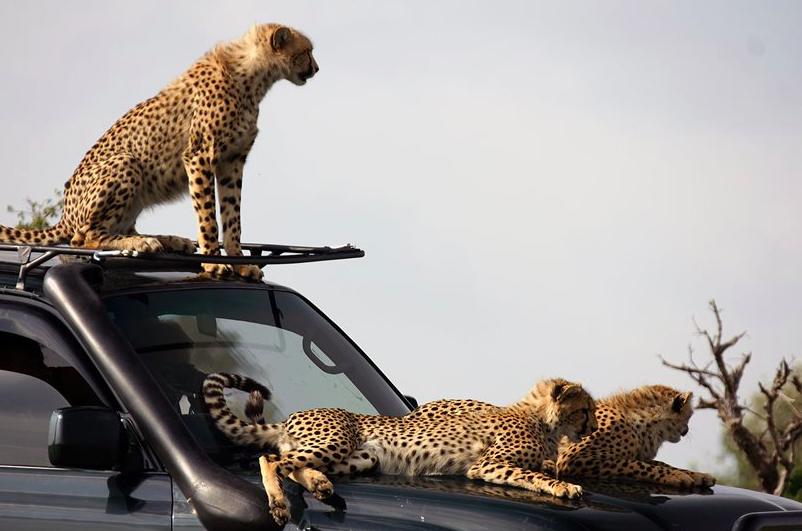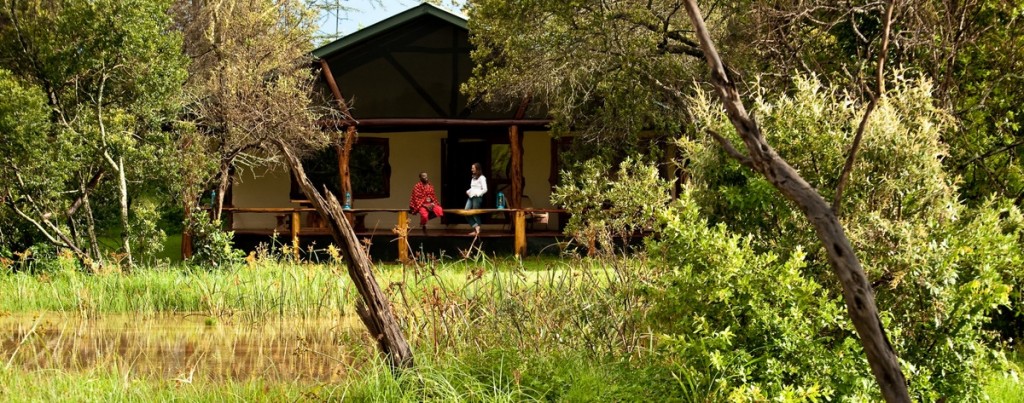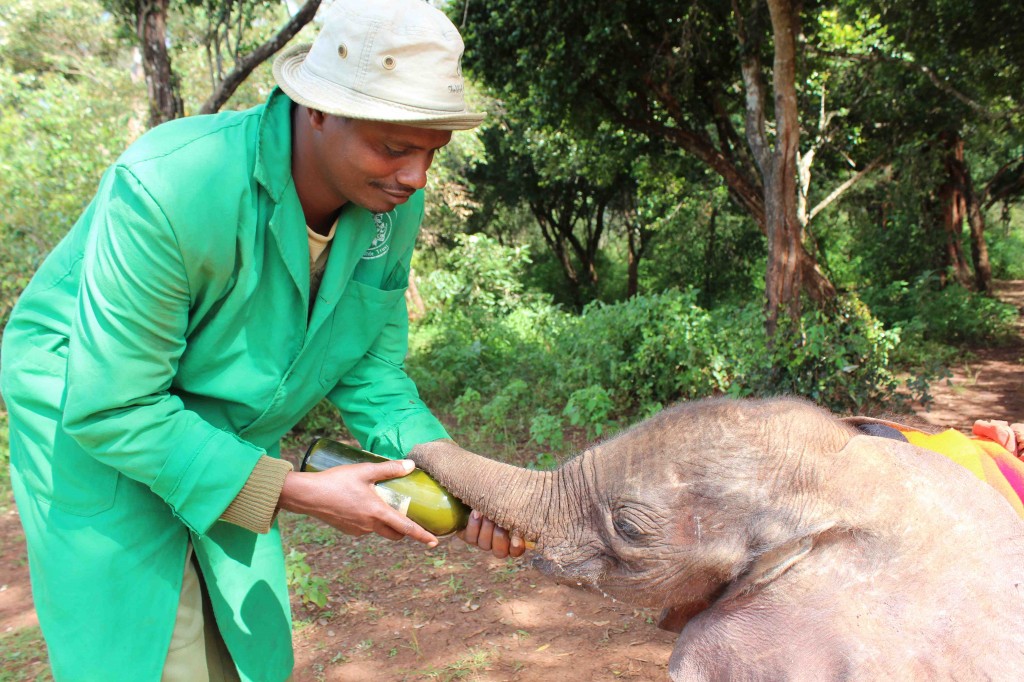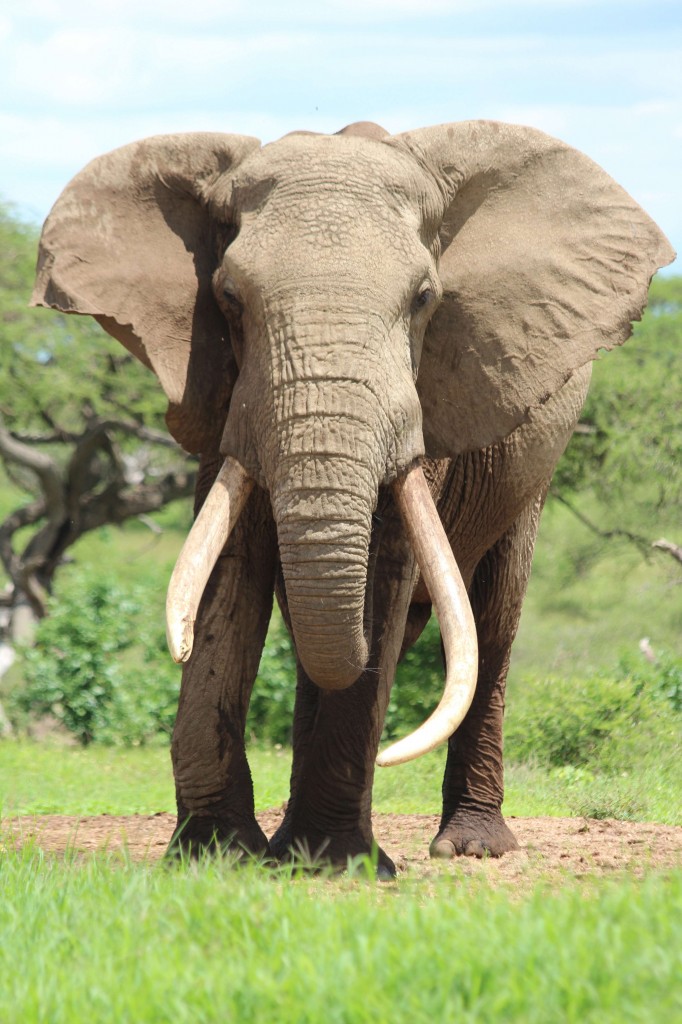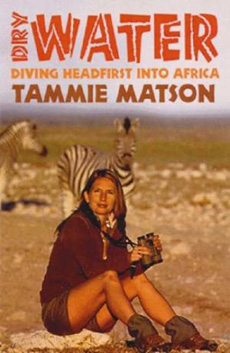Elephants, Safaris & More
First of all, just a quick reminder to book your spots on my 2016 safaris to Namibia and Zimbabwe if you haven’t already. I have very limited spots on these safaris, and they need to be booked a year in advance. For all the details of both safaris, please click here. Both are safaris that really make a difference in conservation and community development. In the Zimbabwean conservation safari in July 2016, you get to track rhinos with the pros, hang out with wild dog and hippos conservationists, and experience the amazing Hwange National Park, known for its large elephant concentrations & much more, and Victoria Falls. In the Namibian conservation safari, we’ll be visiting the north west of the country, focusing on the Skeleton Coast, spending time with desert elephants and the traditional Himba people. I can tell you from personal experience, both trips are mind blowing and life changing and the camps are as good as you’ll get in Africa!
Secondly, you may have heard that both China and Thailand are making some progress on clamping down on the illegal ivory trade. We’ve seen Thailand enforce a new law, the Elephant Ivory Act, which requires that all ivory be registered by the authorities by 21 April 2015 or face a penalty of 3 years in prison and/or a large fine. Some media sources are reporting that as a result the number of ivory traders has dropped markedly, as so many of them were unable to verify the origin of their ivory. I haven’t been able to independently verify this myself, and I believe there continues to be a major need for demand reduction in this country. Thailand has also instigated forensic technology to identify the source of ivory (Asian vs African) and will help police the trade.
China recently banned ivory carvings for a year, around the time of Prince William’s visit to Beijing, however this represents only a small amount of the ivory in circulation, and it’s really nowhere near enough to stop the problem. There’s a good article on this if you’re interested in learning more – click here. Prince William has become an outstanding advocate for stopping the demand for ivory and rhino horn and continues to speak out and use his influence for the cause. Check out his speech given recently in China by clicking here. But it’s going to take a lot more than is currently being done to reduce demand in China, the country most heavily driving the illegal ivory trade.
I’ve been working hard with the Let Elephants Be Elephants team this year to focus our awareness-raising efforts on Thailand this year – so watch this space for more information, coming up soon!
Finally, after a few lovely months back on home turf in Queensland, Australia, our family is relocating again, this time to Amsterdam in the Netherlands where my husband Andy is taking up an exciting new job in the environment movement. I’ll continue to update you on all things elephants and African safaris from my new base there.
My 2016 safaris – Zimbabwe & Namibia’s North West
As part of my travel agency, Matson & Ridley Safaris, I will be leading two safaris to two of my favourite parts of Africa in 2016. Based on my past safaris, the very limited spaces (maximum 12 people) book out very fast, so if you’d like to join please drop me a line now! These camps have to be booked now because they are so popular they book out a year in advance or more. And as with all my safaris, the camps are selected by me to ensure your tourism dollars make a difference on the ground. Trust me, these safaris will change your life! (more…)
Aussie team work to reduce demand for rhino horn in Vietnam
About a year or so ago I heard about a Melbourne-based team working to stop demand for rhino horn in Vietnam through targeted advertising. The team, who are all volunteers, is led by Lynn Johnson on a project she founded called Breaking the Brand. They have the pro bono support of award winning Australian advertising team Nigel Dawson and Randal Glennon. We all know how devastating the poaching of rhinos is across Africa now, and how hard the guys on the ground like Bryce and Lara Clemence in Zimbabwe (from a recent blog of mine) are working to stop the poachers, at considerable loss of life (human and rhino), so what’s happening to combat the lucrative rhino horn trade at the source? After all, if we don’t stop that, we’ll be fighting poaching and illegal trade forever, and that’s just not sustainable.
New date for Bangalow Africa night – 12 March
Now that the wild weather’s behind us, we’ve set a new date for our Africa night at Bangalow Heritage House, northern NSW – Thursday 12th March. All other details are the same as per the flyer below. You do need to book though and the sooner the better – contact Mary at byronbayfol@gmail.com or on 0419 190399. Look forward to seeing you there! (more…)
Postponement of Africa event in Bangalow & news on WA event
Due to some wild weather headed towards the northern NSW coastline, locals are battening down the hatches so we’ve decide to postpone our Africa night at the Bangalow Heritage Centre to March. New date to be advised shortly. Thanks to everyone who booked and apologies for this, but we hope you can make it on the new date. Stand by for more details!
Thanks to everyone who came along to last week’s event in Perth to raise funds for the African Wildlife Conservation Trust, specifically for the African wild dog research and conservation project in Save Valley Conservancy, Zimbabwe. It was another fantastic night with lots of fellow lovers of Africa, talking about both elephants and African wild dogs and their plight in the wild, and it was great to meet some old friends and meet new ones with a similar passion. Best of all, the night raised enough for almost 4 motorbikes for the African wild dog project in Zimbabwe – a great result! Big thanks especially to the fantastic team at Painted Dog Conservation Inc. led by the tireless John and Angela Lemon who invited me over. It’s local community efforts driven by passionate individuals like this that keep important conservation work going on the ground in Africa. A massive salute to them and those who support them. (more…)
Northern NSW – Africa Night Friday 20th Feb
Friends in Bangalow, Byron Bay and northern NSW – the lovely Friends of the Libraries Association of Byron Bay have organised a fantastic venue to host a night of Africa on Friday 20th February at the wonderful historic Bangalow Heritage House in the Byron Bay hinterland. Come along to see the Let Elephants Be Elephants documentary (watch trailer here) and hear me waffle on about African safaris and conservation. Christian Palmer, who is a big supporter of LEBE and whose animal art I adore, will be there exhibiting his artworks and those who come have a chance to win one of his artworks. And to top it off – tickets are only $20 and includes not just drinks but also a curry dinner too! What more could you ask for? Come on, join us and brings your friends! Book now – contact Mary on byronbayfol@gmail.com Further details in the flyer below.
And a reminder that if you live in Perth and you haven’t got your ticket to this Friday’s Africa night with me at Perth Zoo, it’s not too late, but you do need to contact Angela asap at lemon@ozemail.com.au
Inside Story on Zimbabwe’s Rhinos
It’s not often that you hear good news from Zimbabwe, and even rarer that you hear good news in conservation. So this blog might come as a surprise to some because for once it’s not bad news! If you came along to the fundraiser I did with the SAVE Foundation in Sydney in August last year, linked to the launch of my latest book “Planet Elephant“, you helped raise funds for the intensive anti-poaching efforts being led by specialists Bryce and Lara Clemence of Aggressive Tracking Specialists (ATS) in the Save Valley Conservancy, Zimbabwe. (more…)
Only 4 spots left for Kenya in July!
This is THE year to go to Kenya, with prices being so much lower than usual due to the masses being scared off due to ebola in west Africa (a long, long way from Kenya – you’re closer to the ebola countries in London than you are in Nairobi, just to put it in perspective). I only have 3-4 spots left on this amazing journey that makes a difference in the world famous Maasai Mara during the time of the Great Wildebeest Migration, led personally by me. Not to mention a private viewing at Daphne Sheldick’s elephant and rhino orphanage in Nairobi on the first day – utterly unforgettable!
If you’re ever going to do it, this is a great way to go, travelling with a small group of 10, plus you’ve got me there for everything you every wanted to know from a zoologist’s perspective, making friends for life with like-minded folks. Ask anyone who went on my last safari in Botswana – there’s a special kind of magic on a Matson & Ridley Safari because of the kind of people who join me…. Grab your spot now!
For full details on my Kenyan safari click here and contact me for an itinerary. I’m finalising numbers now so don’t wait!
The Awesome Okavango
There are few places in the world where you can watch wild animals at very close range without them being affected by your presence. Botswana’s Okavango Delta is one of these rare places and if you’ve never seen it, believe me, it’s worth the visit.
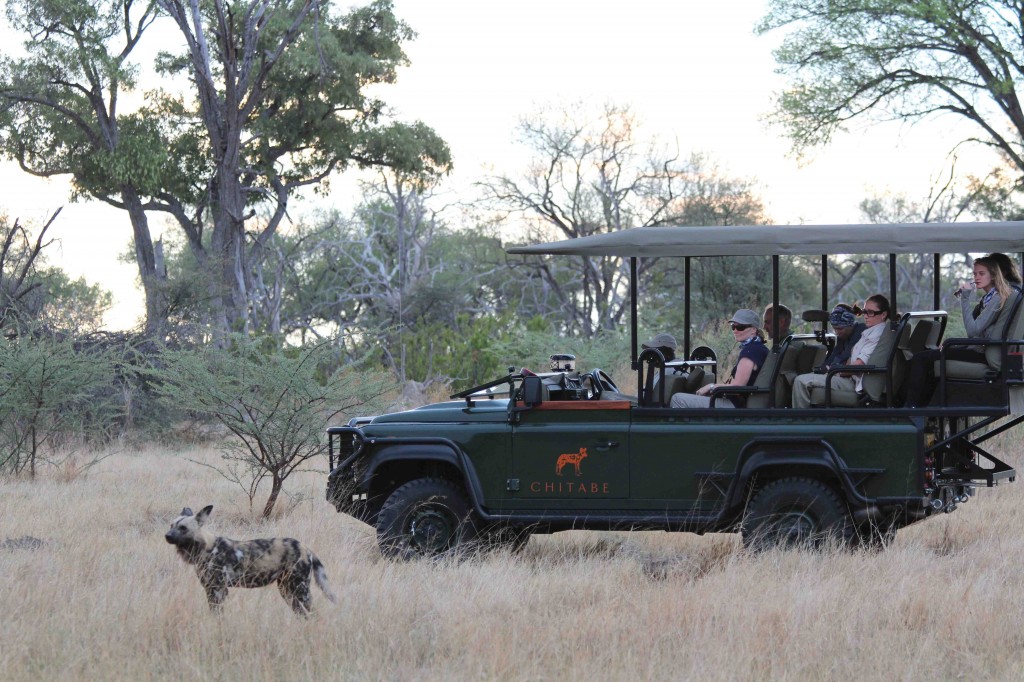
Up close and personal with an African wild dog at Chitabe – the most amazing area I’ve been to for experiences with predators who basically ignore vehicles
Ebola’s impact on elephants
Don’t worry, elephants don’t get ebola. Well not as far as I’m aware! But that doesn’t mean they won’t be severely affected by the disease in other ways. Indeed, elephant populations will very likely be impacted indirectly and I think we should be very concerned about what’s happening at the moment.
Next week, conservationists from all around the world will gather in Sydney for the World Parks Congress, including my very own co-founder of Let Elephants Be Elephants, Nadya Hutagalung, who will be speaking at the world leaders dialogues with the head of CITES, Director General of WWF, Ministers of Environment of Australia and South Africa, and several other esteemed influencers. They’ll be discussing the conservation of protected areas around the world. Meanwhile, a crisis is unfolding in Africa and in this case it’s something that the general public has a big role to play in solving.
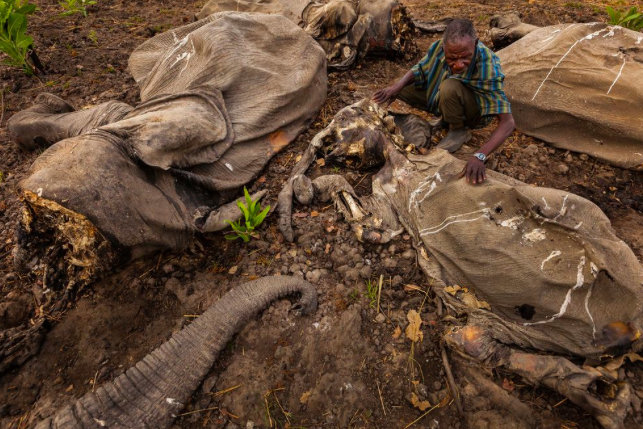
Scenes of devastation like this are becoming increasingly common in Africa, with 2/3 of Central Africa’s elephants having been illegally killed in the last decade (photo credit: National Geographic)
As you all know (because I do talk about it a lot!), African elephant populations are being devastated by the highest levels of poaching seen in decades. The rise in illegal killing is being driven by an increase in demand for ivory from Asia, especially China, and is the result of rising wealth across the region. At current rates of poaching, the African elephant population may have as few as 15 years left.
However a compounding threat is emerging in the form of ebola, due to the negative effect of the disease on tourism across sub-Saharan Africa. Anyone who’s been on safari in Africa can tell you how essential tourism is to the wellbeing of both local communities and wildlife in remote rural areas in Africa because of the far reaching socio-economic benefits it provides. When tourism dollars drop off, local indigenous people turn to alternative income options, like agriculture or even poaching, with devastating impacts on wildlife.
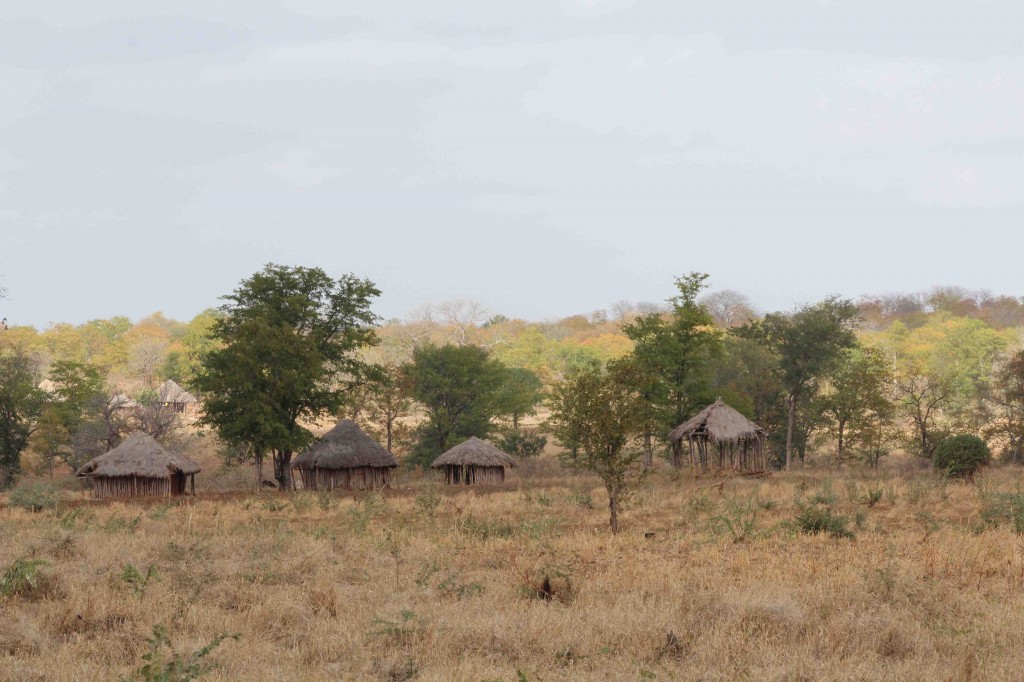
Land that is not providing economic opportunities to local people through tourism will be converted to other land uses, like agriculture, as I’ve seen happen in the Save Valley Conservancy when tourism dropped off in the early 2000s
Ignorance among the general public globally of the location of ebola-affected countries in relation to the rest of Africa is making things worse. So here are the facts. The ebola pandemic is confined to three main countries – Sierra Leone, Guinea and Liberia, all of which are in west Africa, a very long way from the typical safari destinations in places like Botswana, Namibia and Kenya. There are about 8000km between the ebola hotspot of Liberia and the safari areas in Botswana, and over 7000km between Liberia and Nairobi, Kenya . There are no direct flights to either region from Liberia – you have to connect through other countries. Liberia is closer to London, Paris and Rome than it is to these safari destinations in Africa.
Nonetheless, safari operators across sub-Saharan Africa are noticing a significant downturn in future bookings, as well as an increase in cancellations. There have been more cases of ebola in America than there have in sub-Saharan Africa in this outbreak, so you’d be more at risk there than on safari in South Africa. But the perception that safari areas could have ebola, even though they don’t and are miles away, is damaging tourism, which ultimately will make wildlife conservation efforts much harder. I think we’ll see the poaching of elephants and rhinos escalate as a result of the downturn in tourism in Africa if people don’t realise they are not in danger of contracting the disease by going on safari. And I’m not the only one who thinks so; according to this article in The Daily Beast, ebola could deal the death blow to many of Africa’s communal conservancies, which are crucial buffer zones around the continent’s limited national parks.
Since 2006, the number of elephants being poached annually has been rising, driven by an increase in the demand for ivory from Asia. A report just released in August in the Proceedings of the National Academy of Sciences reported that more than 100,000 elephants were illegally killed between 2010 and 2012. There are less than 500,000 elephants left in Africa, perhaps as few as 350,000. The current levels of poaching are not sustainable as they exceed the natural population growth rate of elephant populations.
We have very real reason to be alarmed because tourism is so essential to the continued survival of elephants in the wild.
There are very real solutions that are achievable and you can help.
- Never buy ivory. Tell your friends not to buy ivory when on holiday in places like China and Thailand. Visit http://www.letelephantsbeelephants.org and take the pledge not to buy ivory, then share the videos and facts with your friends on social media.
- Go on an Africa safari that supports local people and allows them to make a living for them and their families through tourism and conservation. If you’ve already booked a safari, don’t cancel it. You’re not at risk in the main safari countries as they do not have ebola and are taking serious measures to ensure it does not reach their shores.
I’ll be heading over to Botswana with a group of Australian and Singaporean travellers in a couple of weeks, feeling comfortable in the knowledge that there hasn’t been a single case of ebola there. It’s been heart breaking to watch the devastation unfolding in west Africa as ebola takes its horrific toll on the human population. Let’s hope that with all the international aid finally going into west Africa that the disease can be brought under control soon.
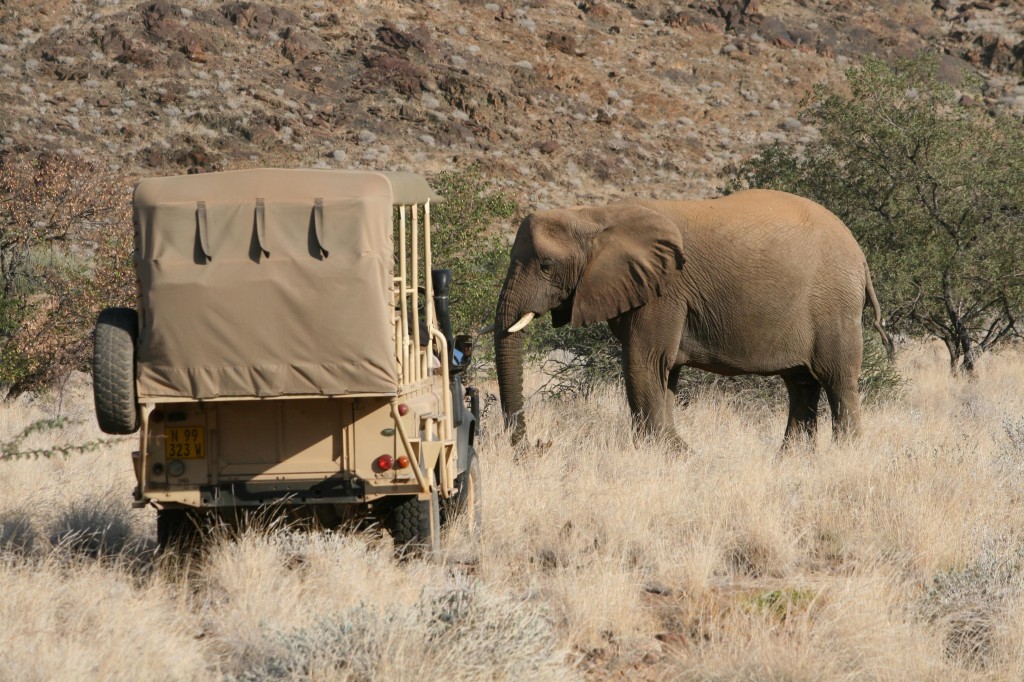
Getting up close to an elephant on safari is one of the most special experiences you’ll have in your life (I took this shot in Namibia)

